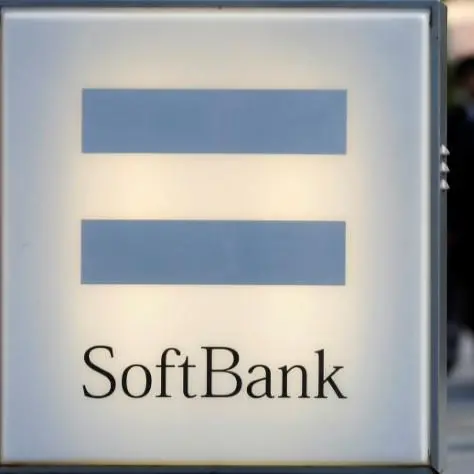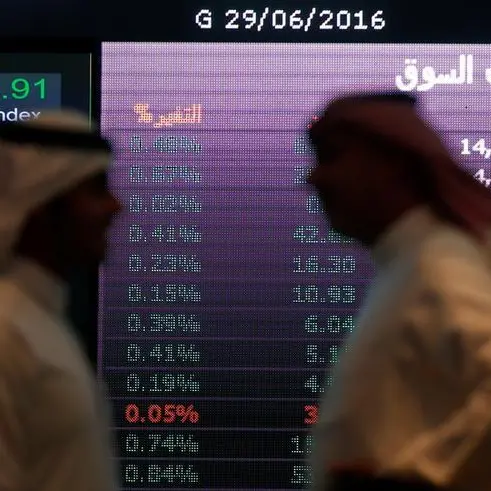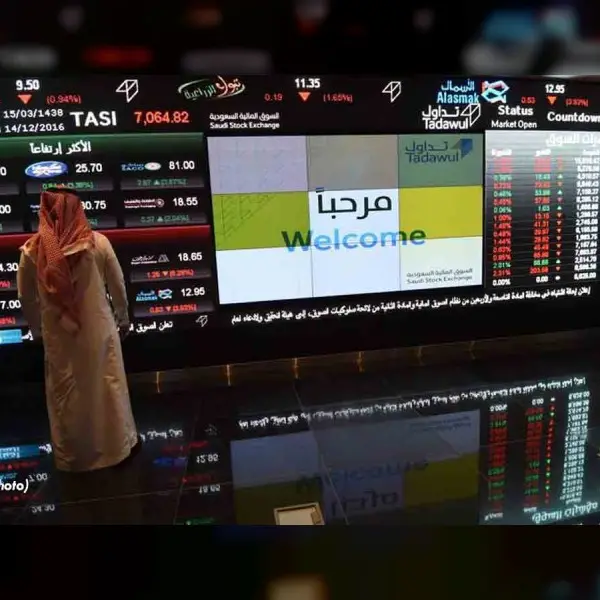PHOTO
Emerging market currencies and stocks were broadly subdued on Wednesday as investors exercised caution over fresh tariff threats from U.S. President Donald Trump and monitored developments in geopolitical conflicts.
MSCI's indexes, which track global emerging market currencies and stocks, were trading flat, staying near the three-month highs reached on Monday.
In yet another round of threats, Trump said he intends to impose auto tariffs "in the neighbourhood of 25%" and similar duties on semiconductors and pharmaceutical imports, following duties on steel and aluminum imports earlier this month.
Trump had suspended his February 1 tariffs on Mexico and Canada, shortly after announcing them, following an agreement between the two countries. This led investors to view the tariffs primarily as a negotiating tool.
Developments on the geopolitical front grabbed more attention. Trump's administration said on Tuesday it had agreed to hold more talks with Russia on ending its conflict with Ukraine.
A resolution to the conflict is expected to result in the lifting of sanctions on Russia and improve oil supply, potentially leading to lower prices. However, Goldman Sachs believes that a ceasefire is unlikely to substantially raise the country's oil output.
Russia's rouble was trading 0.3% higher, after falling over the past three sessions. Bonds in Ukraine were marginally lower, dropping for the third consecutive day.
"Markets will continue to carefully assess how close a truce in Ukraine is, and crucially at what conditions. Hints at future Moscow-Washington cooperation can reinforce the notion of isolation for Europe," said analysts at ING.
"That can contribute to a rotation away from European currencies into safe-haven currencies such as the USD and the Japanese yen. That has also been helped by Trump floating the (latest) idea of tariffs."
Emerging Europe currencies were broadly muted against the euro, but the Hungarian forint dipped 0.6%.
Stock indexes were broadly higher with ones in Prague up 0.4% and Romania gaining 0.2%.
Meanwhile, Israel and Hamas will begin indirect negotiations on a second stage of the Gaza ceasefire deal this week. Israel's shekel was 0.3% higher, while Tel Aviv stocks gained 0.2%.
The South African rand was 0.2% higher ahead of the 2025 national budget speech to be delivered in the parliament.
Rwanda's dollar bond maturing in 2031 was eyeing its biggest fall in more than two years on mounting concerns over M23 rebels, after Burundi withdrew its forces.
Elsewhere, Indonesia's central bank held interest rates steady, halting its easing cycle, while a poll indicated that China is expected to maintain its benchmark lending rates on Thursday.
(Reporting by Purvi Agarwal in Bengaluru; Editing by Sherry Jacob-Phillips)





















